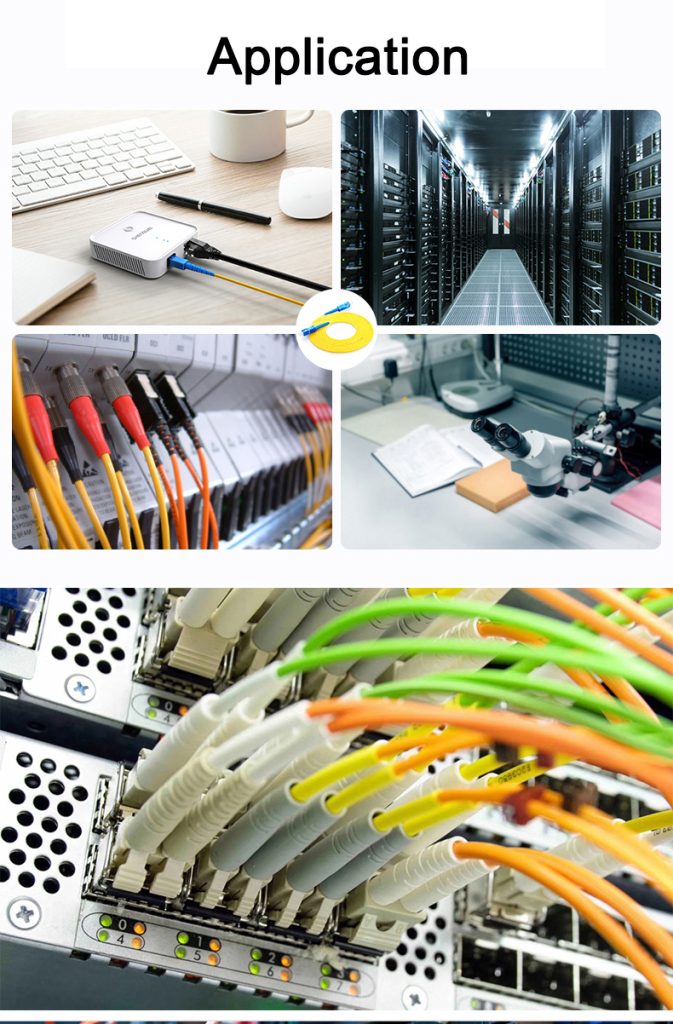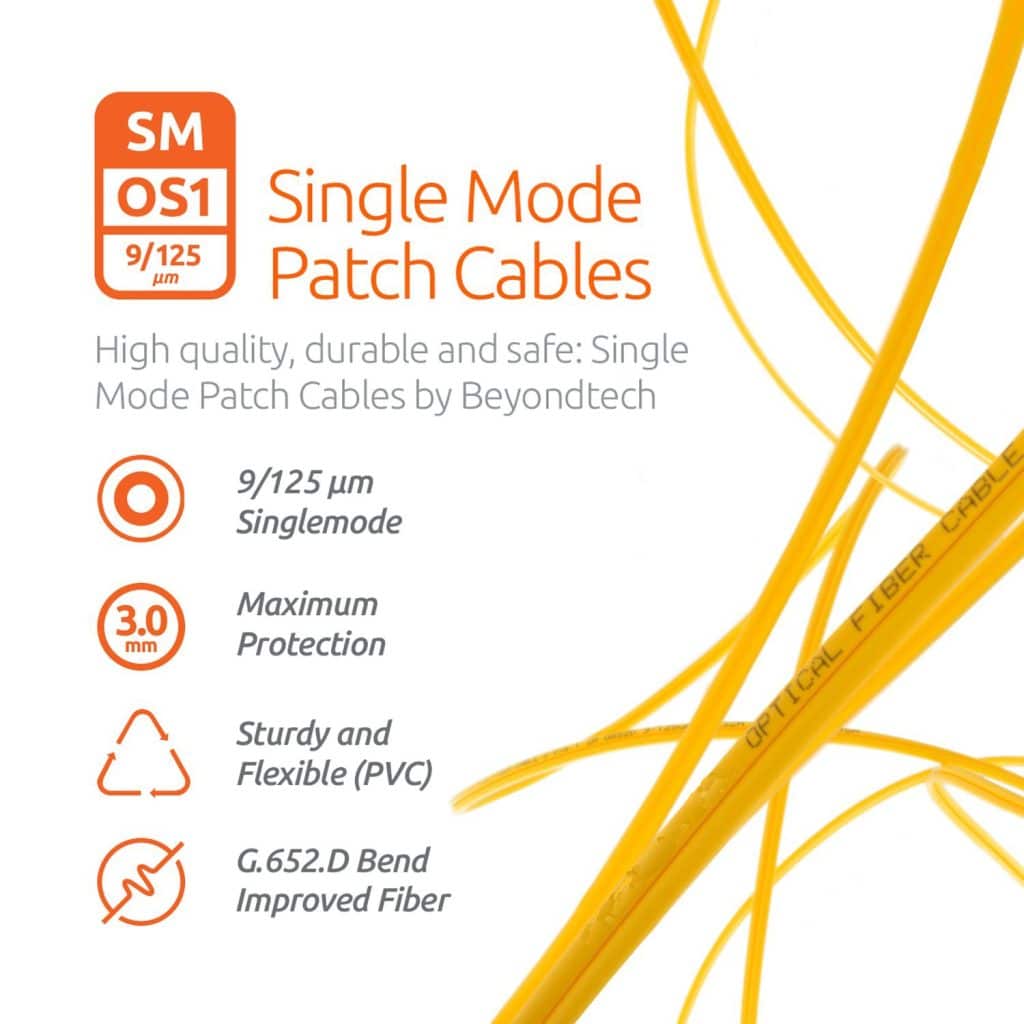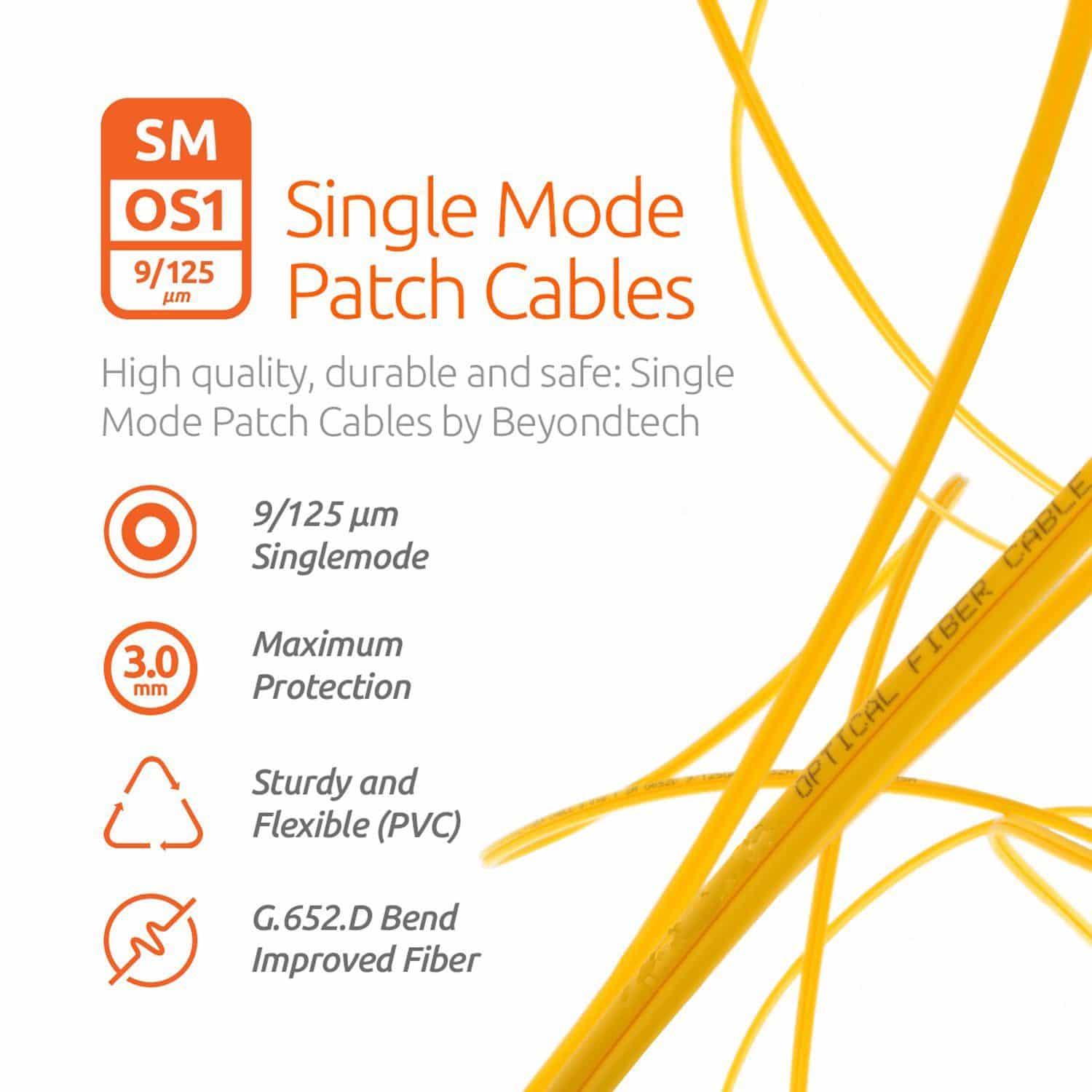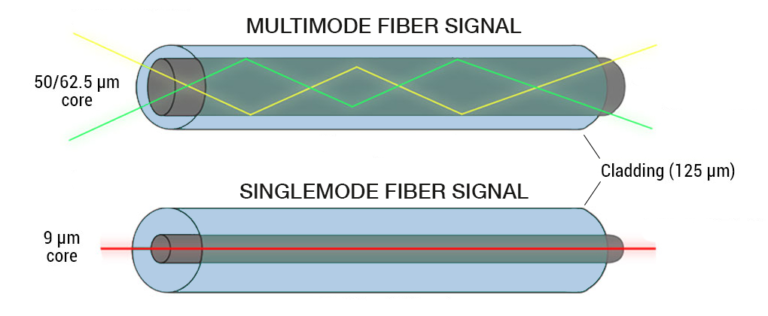Clearer, Faster, Stronger: The Benefits of Fiber Optic Cables for Communication Systems
The Benefits of Fiber Optic Cables for Communication Systems
Fiber optic cables have revolutionized the way we transmit and receive information. These advanced cables use thin strands of optically pure glass or plastic to transmit data as pulses of light. As a result, fiber optic cables offer a range of benefits that make them ideal for modern communication systems. Let’s explore some of these advantages and understand why fiber optic cables are becoming increasingly popular.

- Lightning-Fast Speeds:
One of the most significant advantages of fiber optic is their incredible speed. Compared to traditional copper cables, fiber optic can transmit data at much higher speeds. In fact, fiber optic can support data transmission rates up to several terabits per second. This allows for the seamless transfer of large files, high-definition videos, and real-time data without any lag or delay. The high-speed capabilities of fiber optic make them crucial for applications such as video streaming, cloud computing, and teleconferencing. - Greater Bandwidth:
Fiber optic have a much higher bandwidth capacity compared to copper cables. Bandwidth refers to the amount of data that can be transmitted at a given time. With fiber optics, multiple signals can be transmitted simultaneously through different wavelengths of light, resulting in a significantly higher transmission capacity. This means that fiber optic cables can handle large amounts of data traffic without any degradation in speed or performance. As our reliance on data-intensive applications and services grows, the greater bandwidth of fiber optic cables ensures a smooth and uninterrupted user experience. - Longer Distances:
Another notable advantage of fiber optic cables is their ability to transmit data over long distances. Unlike copper cables, which are susceptible to signal loss and degradation over long distances, fiber optic cables can transmit data over tens or even hundreds of kilometers without any loss in signal quality. This makes fiber optics ideal for long-haul telecommunications networks, connecting cities or even continents seamlessly. The longer distances achieved by fiber optic cables help in creating a global network infrastructure capable of handling vast amounts of data transmission. - Immunity to Interference:
Copper cables are vulnerable to electromagnetic interference (EMI) and radio frequency interference (RFI) from various sources such as power lines, radio signals, and electronic devices. These interferences can disrupt data transmission and result in signal degradation. Fiber optic cables, on the other hand, are immune to such interference since they transmit data using light signals rather than electrical signals. This immunity to EMI and RFI ensures a more stable and reliable communication system, even in environments with high electromagnetic activity. - Enhanced Security:
Security is a critical consideration in communication systems, and fiber optic cables provide a high level of security. Since fiber optic cables transmit data as light signals, it is exceptionally difficult to tap or intercept the information being transmitted. This makes fiber optic cables highly secure, making them a preferred choice for sensitive applications such as government communications, financial transactions, and healthcare systems. The enhanced security provided by fiber optics helps in safeguarding data and ensuring privacy.

In conclusion, fiber optic cables offer clear benefits for communication systems. Their lightning-fast speeds, greater bandwidth, longer transmission distances, immunity to interference, and enhanced security make them indispensable in today’s digital world. As our reliance on seamless and efficient data transmission grows, the advancements in fiber optic technology continue to shape the way we communicate, enabling clearer, faster, and stronger connections.


